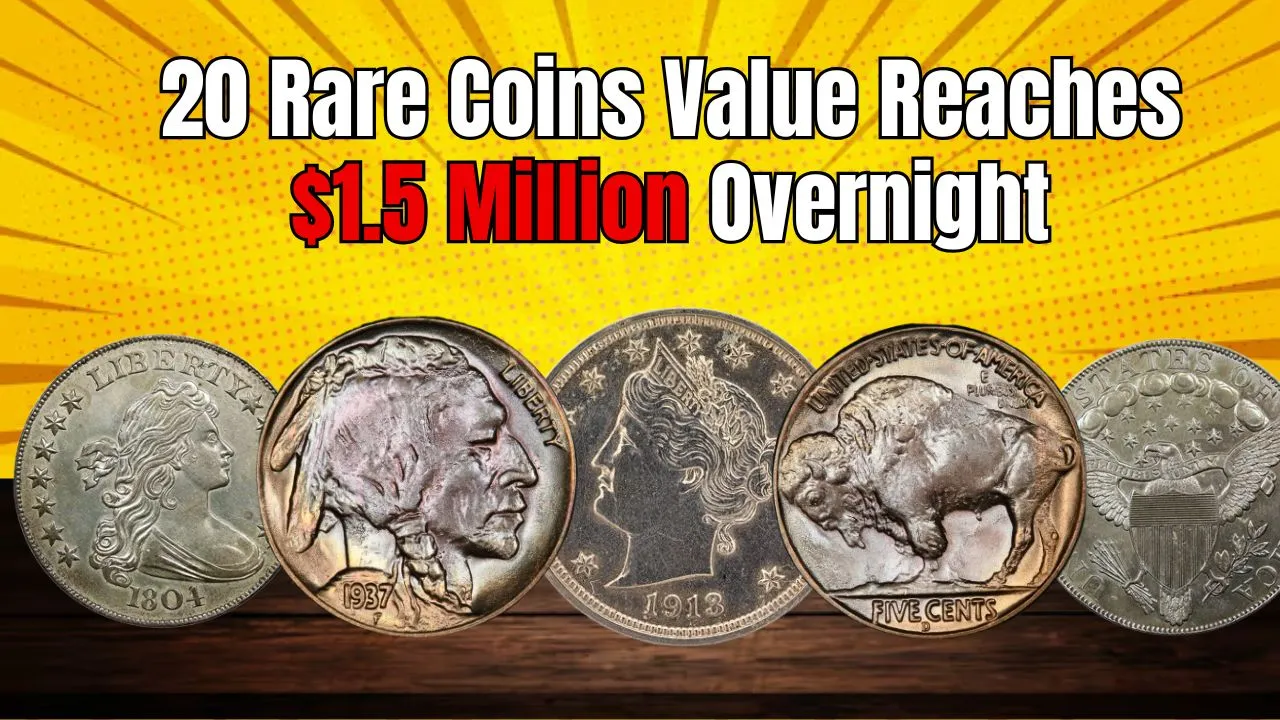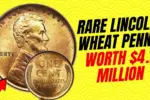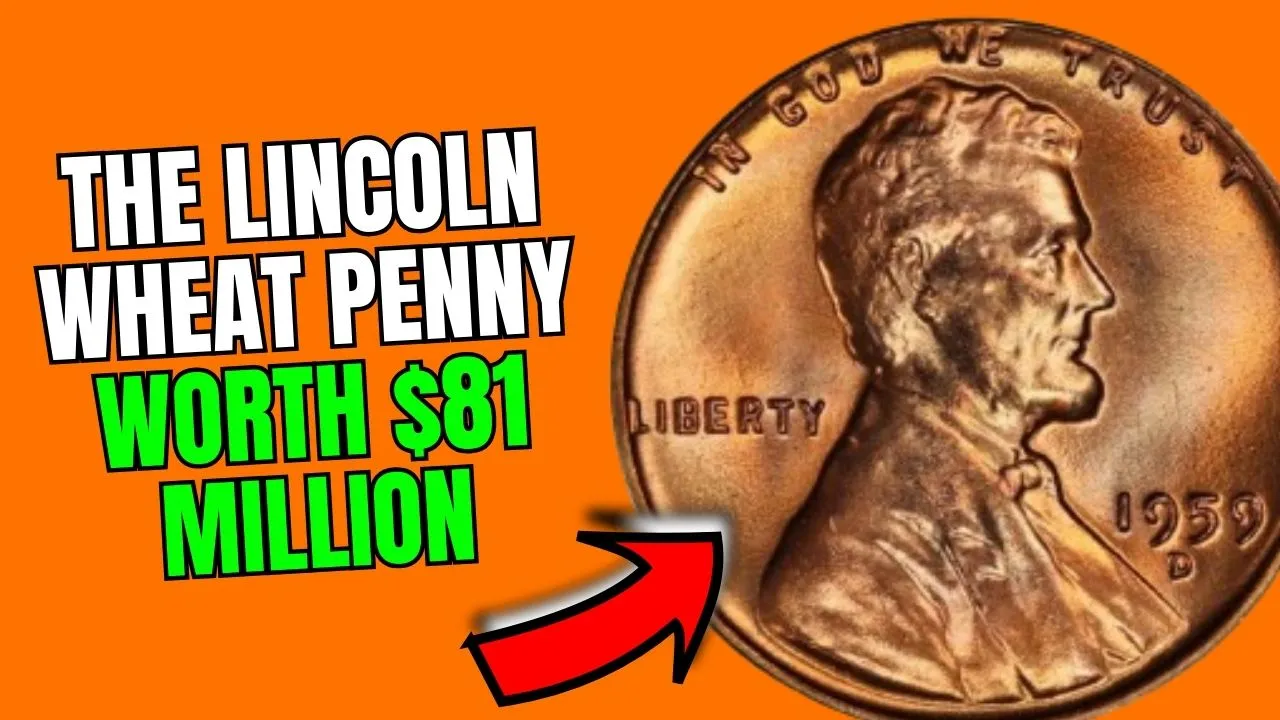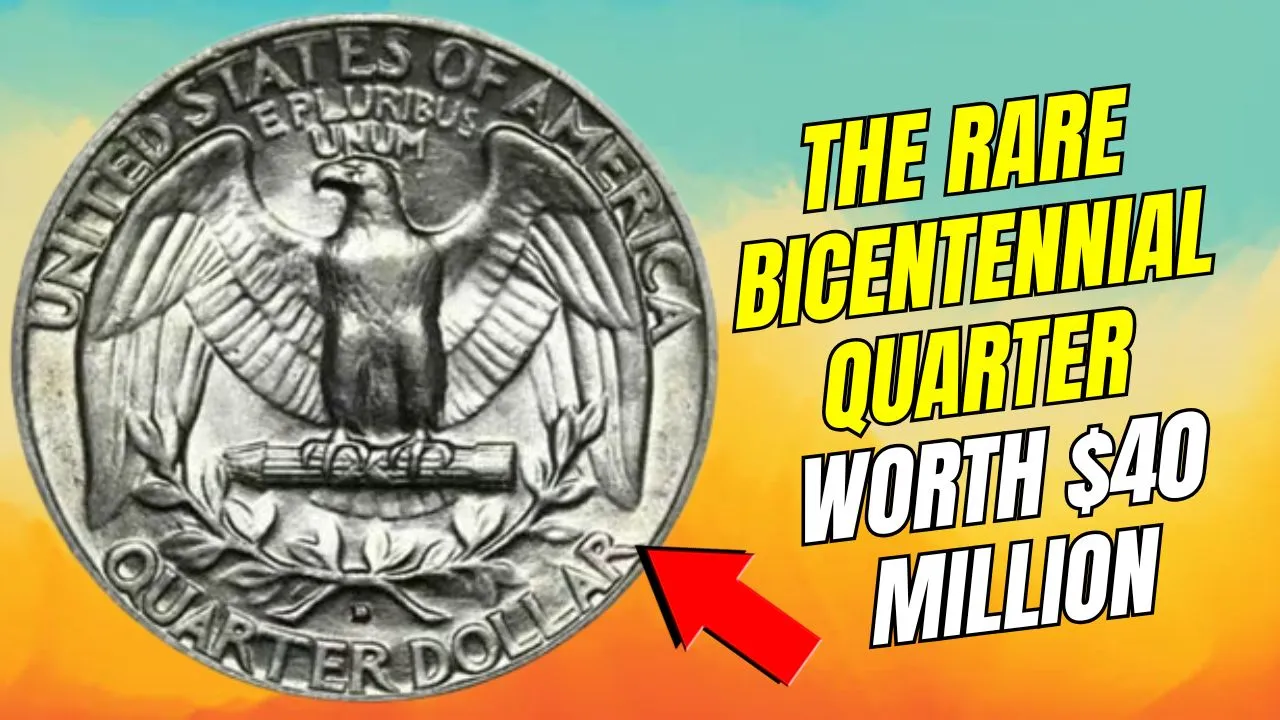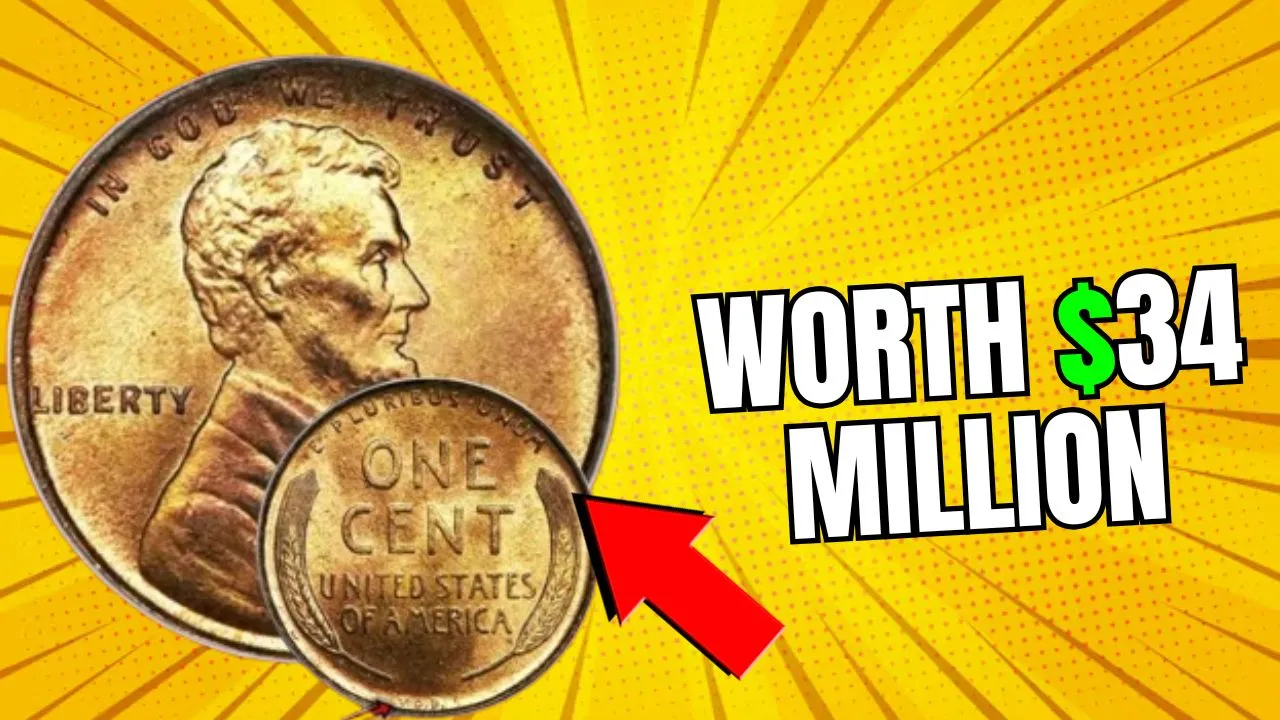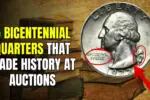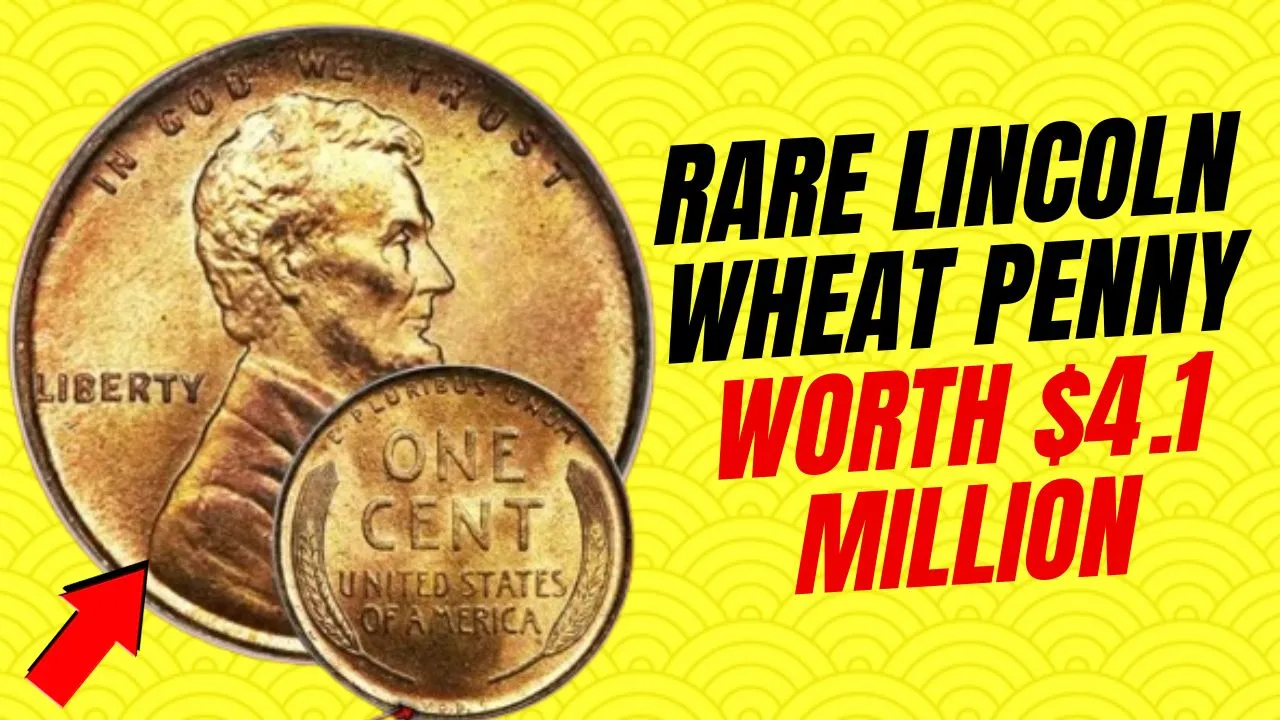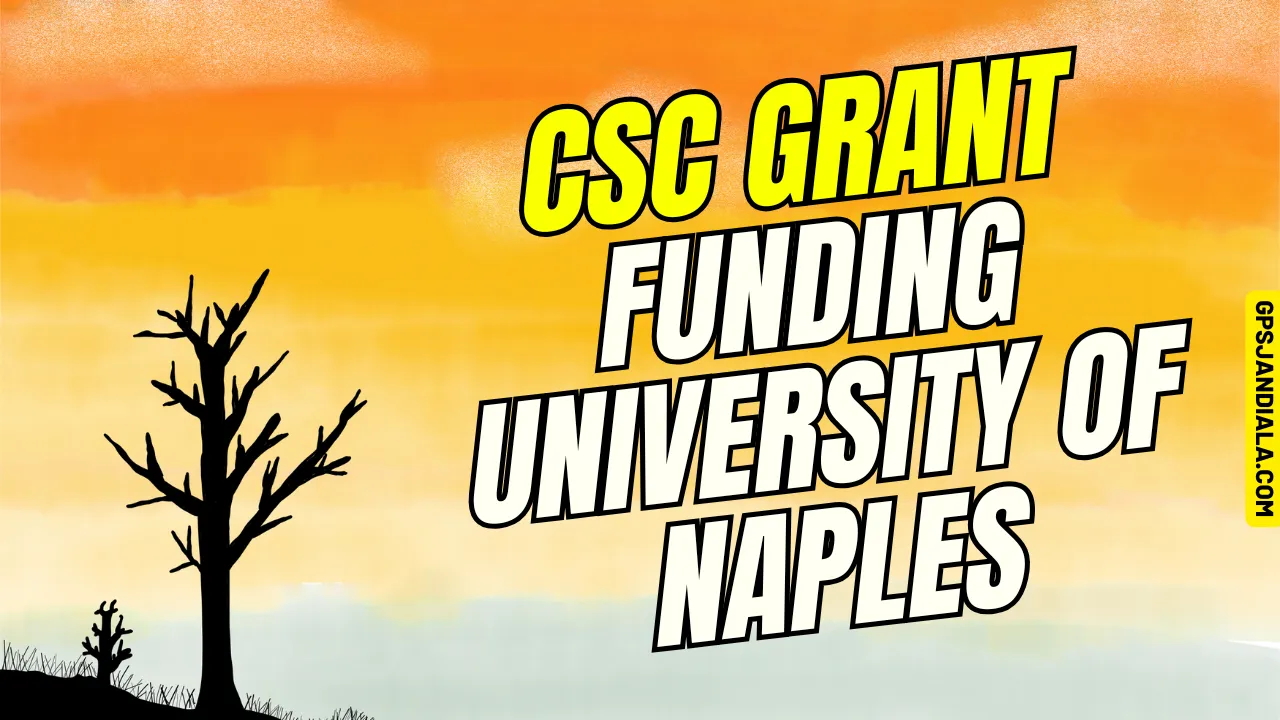20 Rare Coins Value: The world of coin collecting is full of surprises. Sometimes, an ordinary evening can lead to an extraordinary discovery. This is exactly what happened when a collection of 20 rare coins value skyrocketed to $1.5 million in just one night. This incredible event captured the attention of collectors worldwide, proving that rare coins are more than just metal—they’re treasures with fascinating stories.
In this article, we’ll explore how these 20 rare coins were discovered, authenticated, and sold for a fortune. From their historical significance to the auction that made headlines, you’ll get a detailed look at each coin and the lessons collectors can learn from this remarkable event.
Overview of the 20 Rare Coins and Their Values
| Coin Name | Estimated Value | Unique Feature |
| 1804 Draped Bust Silver Dollar | $400,000 | “King of American Coins” due to its rarity |
| 1913 Liberty Head Nickel | $300,000 | Only five known to exist, adding to its legendary status |
| 1794 Flowing Hair Silver Dollar | $200,000 | First official U.S. silver dollar |
| 1787 Brasher Doubloon | $150,000 | Minted by George Washington’s neighbor, Ephraim Brasher |
| 1943 Copper Lincoln Cent | $100,000 | Rare wartime error struck on copper |
| 1870-S Seated Liberty Dollar | $80,000 | Only nine examples are known worldwide |
| 1856 Flying Eagle Cent | $50,000 | A rare pattern coin from the early days of U.S. coinage |
| 1838-O Capped Bust Half Dollar | $40,000 | Only 20 pieces were ever minted |
| 1901-S Barber Quarter | $35,000 | Extremely rare in high-grade condition |
| 1916 Standing Liberty Quarter | $30,000 | First year of issue with historical importance |
| 1895 Morgan Dollar | $25,000 | Known as the “King of Morgan Dollars” |
| 1877 Indian Head Cent | $20,000 | The key date for the Indian Head cent series |
| 1909-S VDB Lincoln Cent | $15,000 | Famous for its low mintage and designer initials |
| 1893-S Morgan Dollar | $12,000 | Low mintage of only 100,000 pieces |
| 1889-CC Morgan Dollar | $10,000 | Scarce issue from the Carson City Mint |
| 1916-D Mercury Dime | $8,000 | Key date with limited production |
| 1937-D 3-Legged Buffalo Nickel | $7,000 | Famous error with one leg missing from the buffalo |
| 1955 Doubled Die Obverse Lincoln Cent | $6,000 | Unique doubling error that collectors seek |
| 1942/1 Mercury Dime Overdate | $5,000 | Overdate error created by reusing dies |
| 1922 No D Lincoln Cent | $4,000 | A rare variety with the mint mark missing |
The Discovery That Changed Everything
The discovery of these valuable coins happened unexpectedly during a local estate sale. James Thornton, an avid coin collector, was browsing through various antiques when he noticed a small wooden box. Inside, he found 20 coins that seemed ordinary at first glance. However, his experience in numismatics told him these coins might be special. Without hesitation, he purchased the box, unaware that this decision would soon change his life.
Once Thornton examined the coins more closely, he realized he had stumbled upon something extraordinary. The collection included coins like the 1804 Draped Bust Silver Dollar and the 1913 Liberty Head Nickel, both of which are considered holy grails in the coin-collecting world. Excitement quickly turned to action as Thornton began the process of authenticating his newfound treasures.
How the Coins Were Authenticated
Authenticating rare coins is essential to verifying their value. Thornton reached out to professional grading services to ensure the coins were genuine. The process involved several key steps, including high-resolution imaging, metal analysis, and detailed comparisons with verified specimens. Experts examined each coin’s weight, design, and surface condition to confirm its authenticity.
Authentication also involved assessing the coins’ grades, which play a significant role in determining their value. Higher grades, indicating better preservation, can dramatically increase a coin’s market price. After weeks of meticulous evaluation, the experts confirmed that all 20 coins were genuine and in excellent condition. This official verification paved the way for the next step: putting the coins up for auction.
The Auction That Made History
With the coins authenticated, Thornton decided to sell them through a renowned auction house. The numismatic community eagerly awaited the event, knowing that such a rare collection would attract competitive bidding. Collectors from around the world tuned in, hoping to add these prized coins to their collections.
The auction began with the 1804 Draped Bust Silver Dollar, which quickly exceeded its estimated value. As the evening progressed, the bidding wars intensified, especially for coins like the 1913 Liberty Head Nickel and the 1794 Flowing Hair Silver Dollar. Each sale brought applause and excitement, with prices climbing higher than expected.
By the time the final hammer fell, the total value of the 20 coins had reached an astonishing $1.5 million. The auction was not only a financial success but also a historic moment that highlighted the enduring appeal of rare coins.
Impact on the Rare Coin Market
The auction’s success had a ripple effect on the entire rare coin market. Collectors and investors took notice, driving up demand and prices for similar coins. Estate sales and auctions saw increased attendance, as treasure hunters hoped to replicate Thornton’s success. Even museums and educational institutions experienced a surge in interest, with some of the auctioned coins being loaned for public exhibitions.
This heightened interest in rare coins value also led to a renewed focus on numismatic education. Collectors began investing more time in learning about coin history, authentication techniques, and market trends, hoping to discover their own valuable finds.
Lessons for Coin Collectors
The story of these 20 rare coins offers valuable lessons for both novice and experienced collectors:
- 1. Knowledge is Essential: Thornton’s success was due to his experience and knowledge, which helped him recognize the value of the coins. Collectors should continually educate themselves to identify rare items.
- 2. Condition Matters: Coins in better condition fetch higher prices. Proper storage and careful handling are crucial to preserving a coin’s value.
- 3. Authenticate Before Selling: Professional authentication confirms a coin’s authenticity and grade, maximizing its market value.
- 4. Rare Finds Can Appear Anywhere: Valuable coins can be found in unexpected places like estate sales, flea markets, and family heirlooms. Always keep an eye out for hidden treasures.
- 5. Stay Informed on Market Trends: The coin market is constantly changing. Monitoring trends can help collectors make informed decisions and seize profitable opportunities.
What Happens Next?
After the auction, some of the coins found new homes in private collections, while others were loaned to museums for public display. Their journey from a forgotten wooden box to international fame is a testament to the allure and historical significance of rare coins.
James Thornton’s story has inspired collectors worldwide, proving that passion, knowledge, and a bit of luck can lead to life-changing discoveries. He now shares his experience at coin shows and educational events, encouraging others to explore the world of rare coins and appreciate the history they represent.
FAQs
1. Why is the 1804 Draped Bust Silver Dollar so valuable?
Its rarity, historical significance, and limited number of known specimens make it highly sought after.
2. How many 1913 Liberty Head Nickels are there?
Only five examples are known to exist, making it one of the rarest U.S. coins.
3. What caused the 1943 Copper Lincoln Cent error?
During World War II, pennies were made from steel to conserve copper, but a few were mistakenly struck on copper planchets.
4. How does authentication affect a coin’s value?
Professional grading verifies a coin’s authenticity and condition, which significantly increases its market value.
5. Can valuable coins still be found at estate sales?
Yes, estate sales often have hidden treasures, making them excellent opportunities for collectors.
Final Thoughts
The discovery and auction of these 20 rare coins, valued at $1.5 million, showcase the excitement and financial potential of coin collecting. This story reminds us that valuable coins can appear in the most unexpected places, waiting to be discovered by those with the knowledge and passion to recognize them.
If this tale has sparked your interest, consider exploring your own collection or attending local estate sales. Who knows—you might uncover a hidden gem that could change your life. Share your coin discoveries in the comments and join the community of collectors who celebrate the history and beauty of rare coins!
